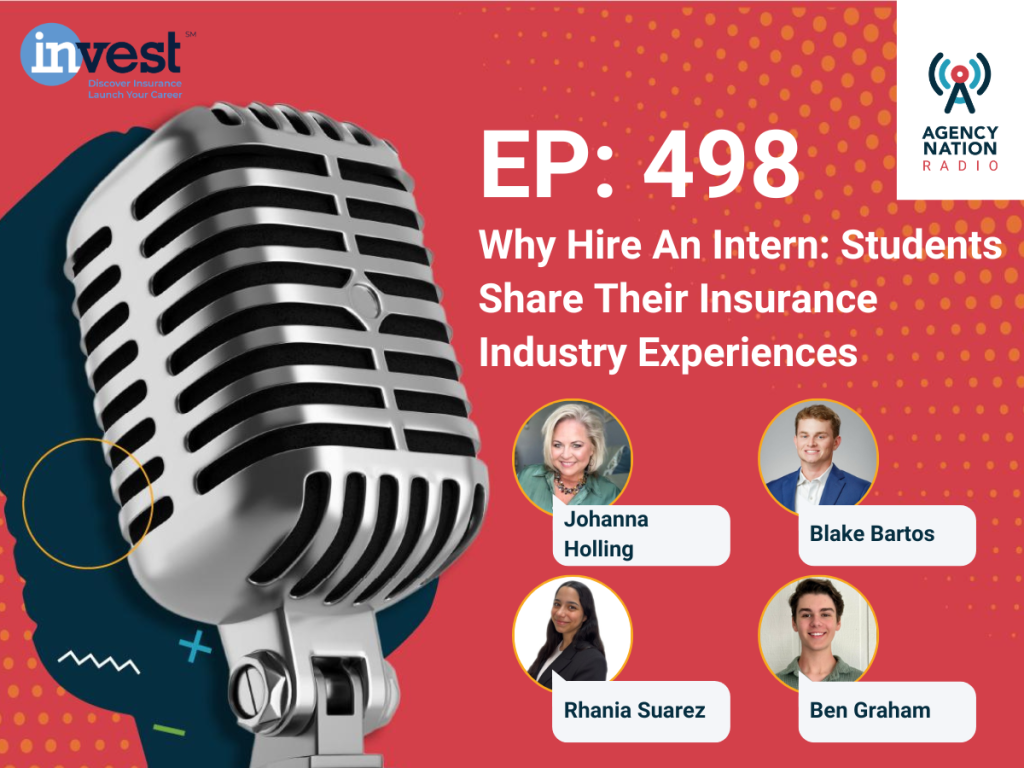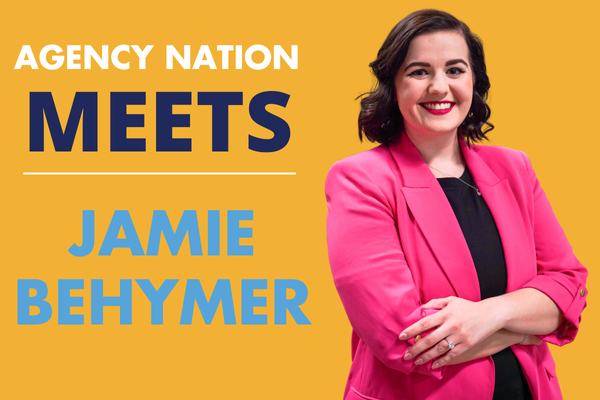4 Ways to Sell Gen Z on an Insurance Career

By: Kristin Nease
Few people would think Generation Z job seekers with ambitions to work for high-profile mega-corporations would be equally interested in a local independent insurance agency. But, with the right positioning, agency owners may be able to tap into what drives talent to these corporations and truly compete for the best and brightest emerging talent.
This new generation of workers, the oldest of which were born in 1997 according to Pew Research, is beginning to hit the job market and continues to set its sights on high-profile employers in the digital and technology fields, according to the latest Glassdoor study. However, some of the same attributes that draw Gen Z candidates to big-name tech employers—rewarding work, flexible hours and good pay—can be used to attract new workers into insurance too.
Tallo, a firm focused on the Gen Z talent field, reported in its April 2021 industry rankings that among Gen Z job seekers, the insurance business is placed securely in the middle for favorability—above more seemingly lucrative industries like renewable energy, real estate and consulting services.
To learn more about how independent agencies can effectively promote careers to Gen Z, Vertafore recently surveyed more than 1,000 independent insurance agency professionals to find out what they value about their careers, how the industry has changed during the coronavirus pandemic, and how it can leverage the aspects that current insurance professions love about their work to attract the next generation.
Based on the findings of the study, four aspects of the insurance industry are of strong interest to Gen Z job seekers:
1) Rewarding work and career stability. Respondents indicated that the ability to work directly with people in their community is the favorite part of their job and they stay in their role because they find the work interesting. One-on-one policy reviews, informal wellness chats and catching up on events in a client’s life are rewarding. This facet of the business closely matches Gen Z’s values.
Gen Zers also value the job security and stable income insurance provides, especially during periods of global and economic uncertainty. Gen Z has suffered numerous challenges that put long-term job security at risk. One thing COVID-19 has proven is that the insurance industry can survive historic challenges.
2) An industry prepared to embrace diversity. As an industry weighted toward late-career workers and facing an impending talent gap as those workers reach retirement, insurance is looking for ways to diversify its talent pool.
Many companies and industry institutions like the National Association for Advancement of Women in Insurance (NAAWI) are investing in diversity and inclusion initiatives to hire—and retain—women and young talent from diverse backgrounds, including people of color and the LGBTQ community. Embracing and committing to workplace diversity initiatives is a strategy that will go a long way to attracting Gen Z newcomers in large numbers.
3) Work flexibility. Many Gen Zers want flexibility in where and when they work. The good news is that many insurance agencies are already technologically equipped to offer this kind of flexibility.
The vast majority (70%) of survey respondents agreed that when the pandemic struck, they had the tools necessary to work effectively from home. Now that we see that working from home is not only feasible but also profitable, the insurance industry will continue to see shifting expectations for what can and cannot be done in the office, which can help the industry continue to thrive.
In an era when the idea of the office is being redefined, these offerings will make it easier for Gen Zers to design an insurance career to fit their needs and priorities.
4) Ability to use technology. InsurTech is delivering all kinds of benefits to independent agencies, from higher efficiency and profitability to greater job satisfaction. It also makes the business significantly more attractive to young people.
As digital natives, Gen Z fully expect to use their technology skills on the job. With all the new predictive tools hitting the industry, especially those based on artificial intelligence and machine learning, agency principals are now able to recruit young professionals who appreciate what InsurTech has to offer and are comfortable with—and actually seeking—technology challenges.
Gen Z is looking for the career growth and professional development opportunities that insurance offers, yet perception lags reality. The advantages that are so real in the industry are hidden behind the field’s outdated reputation.
Vertafore found that 90% of insurance professionals over the age of 40 would recommend a career in insurance. In many fields, career dissatisfaction increases with age; not so, however, in insurance. This is a highly unique and marketable positive for the industry.
Agency owners and senior executives, as well as industry groups, can change prevailing opinions among Gen Zers by embracing the latest technology and by creating new opportunities for employees to define how and where they do their jobs.
To close the generation gap, agency leaders shouldn’t wait for newcomers—they must go find them. Scholarships, internships, and fellowships, especially for a diverse array of candidates, will enable Gen Z seekers to “test drive” the profession. It will also help to match employment benefits to the needs of Gen Z candidates.
By selling the industry’s strengths and creating meaningful career opportunities, agencies of any size may give big tech companies a run for their money.
Kristin Nease is vice president of human resources at Vertafore.










